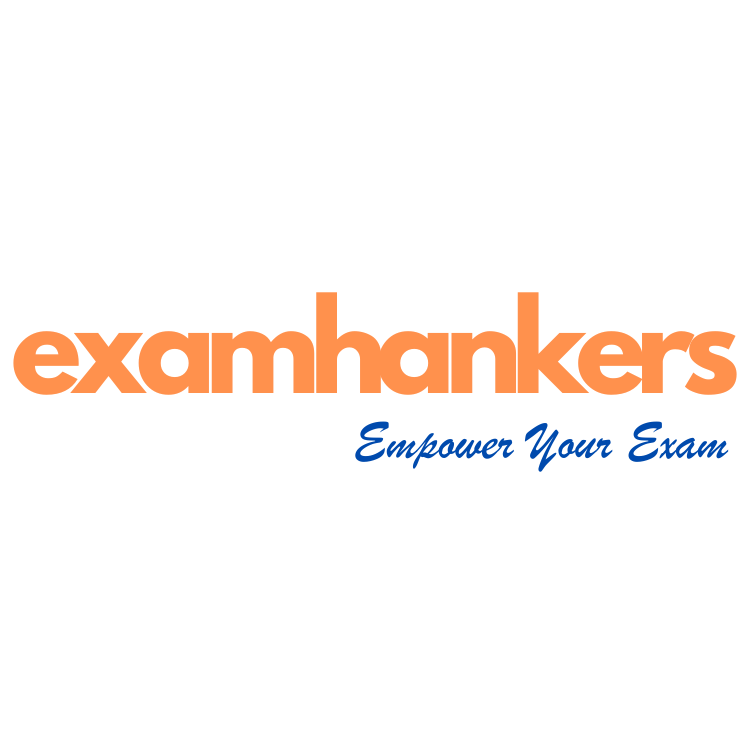Leveraging Resources: Books and Study Materials
The utilization of books and study materials is crucial for academic success, as these resources provide foundational knowledge across various subjects. When selecting the appropriate resources, students should consider their specific academic needs, the difficulty level of the subject matter, and their preferred learning style. For instance, a student struggling with complex mathematics might benefit from workbooks that provide step-by-step solutions, while another student preparing for literature might seek out comprehensive analyses of classic texts to enhance their understanding.
Diverse reading materials play a vital role in capturing different perspectives and deepening comprehension. The inclusion of various format types, such as textbooks, academic journals, or even online articles, can enrich the learning experience. This variety enables students to approach subjects from multiple angles, further aiding their grasp of intricate concepts. Moreover, utilizing supplementary study guides or summaries can provide a focused recap of essential information, making revision more efficient and effective.
Effective note-taking and summarization strategies are integral to studying. Techniques such as the Cornell Method or mind mapping can aid in organizing thoughts and highlighting key information. When reading, students should practice summarizing chapters in their own words, reinforcing retention and understanding. Furthermore, incorporating study materials into a structured study plan helps in evaluating progress and identifying areas that require additional focus. By setting specific goals for each study session and consistently reviewing notes, students can cultivate academic discipline and enhance their performance.
By leveraging books and diverse study materials thoughtfully, students can significantly boost their academic journey. Utilizing these resources not only fosters a deeper understanding of the subject matter but also equips learners with strategies to approach challenges effectively, ultimately leading to improved academic outcomes.
Mastering Assessments: Assignments and Previous Question Papers
Assignments and previous question papers play a crucial role in a learner’s academic journey, particularly in preparing for exams and assessments. Understanding the requirements of assignments is essential, as it sets the foundation for the research and writing phase. Clear comprehension of assignment guidelines allows students to align their efforts with evaluation criteria, ensuring that they fulfill expectations set by educators. Developing effective research skills is paramount; it involves identifying credible sources, synthesizing information, and presenting it coherently. Mastery of writing techniques, including structure, style, and citation, further enhances the quality of submissions.
Time management is another vital aspect when tackling coursework. Students are encouraged to create a realistic timeline that allocates specific periods for research, drafting, and revision. By prioritizing tasks and adhering to deadlines, learners can mitigate stress and produce high-quality work, ultimately leading to improved academic performance. The organization of study materials and timely completion of assignments allows for a more thorough understanding of the subject matter, directly influencing success in assessments.
Moreover, reviewing previous question papers serves as an invaluable strategy in exam preparation. These documents not only provide insights into exam formats and structures but also reveal frequently tested themes and concepts. By analyzing past papers, learners can identify patterns in question types and topics, which aids in effective revision planning. Practicing with these papers enhances problem-solving skills and boosts confidence, as students familiarize themselves with the examination environment.
To optimize learning from past assessments, students should focus on solving questions systematically and reflecting on any mistakes made during practice. Understanding the feedback received can significantly bolster performance in future evaluations. With diligent effort and strategic preparation, particularly through the mastery of assignments and the review of previous question papers, learners can achieve academic excellence.
